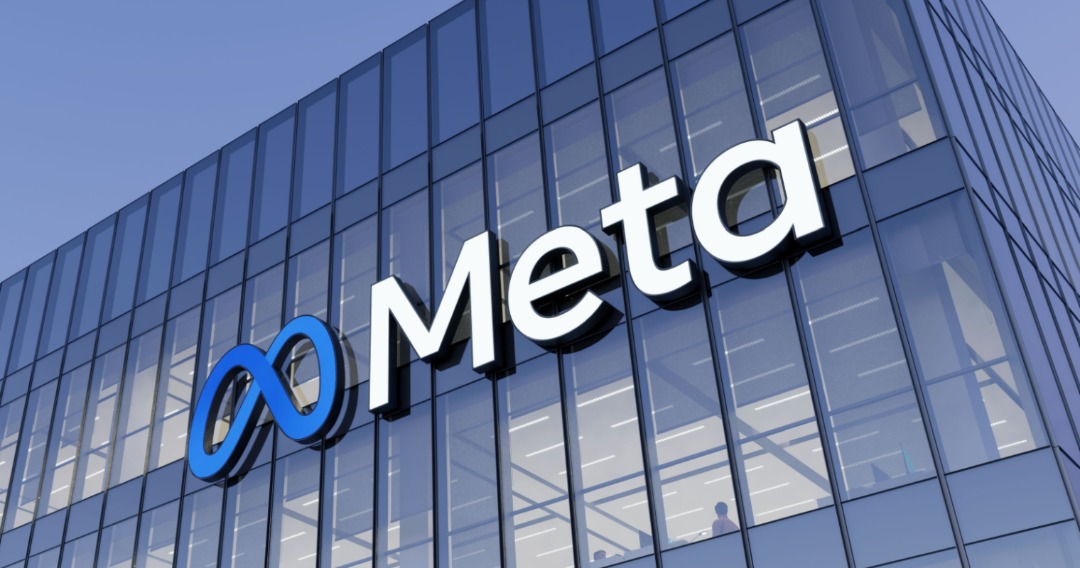
Meta is facing a historic antitrust trial related to its acquisitions of Instagram and WhatsApp
Instagram and WhatsApp may have to divest due to the FTC’s case against Meta in a high-stakes antitrust battle in Washington.
On Monday, a trial in the historic antitrust case against the massive social media company Meta begins in Washington.
The US consumer and competition agency claims that Meta, which already controlled Facebook, gave itself a monopoly by purchasing Instagram in 2012 and WhatsApp in 2014.
The FTC agreed to keep an eye on the results even after reviewing and approving such deals. Mark Zuckerberg, the CEO of Meta, may be forced to sell off WhatsApp and Instagram if the Federal Trade Commission (FTC) prevails in the case.
Experts have stated that it is likely to argue that Instagram users have had a superior experience since it took over, despite Meta’s earlier declaration that it was certain it would win.
According to Rebecca Haw Allensworth, an antitrust professor at Vanderbilt Law School, “the FTC’s argument is that the acquisition of Instagram was a way to neutralize this rising competitive threat to Facebook.”
According to Ms. Allensworth, the most compelling evidence at trial would be Mr. Zuckerberg’s own statements, particularly those from his emails.
He asserted that purchasing is preferable to competing. According to Ms. Allensworth, it’s difficult to be more literal than that.
In contrast, Meta will probably contend that intent is not really important in an antitrust lawsuit.
“They’re going to say that the true question is whether this merger has improved consumer outcomes,” she stated. “They’ll show a lot of proof that Instagram’s current state is a result of its advantages as a Facebook property.”
The trial, which may last for several weeks, is anticipated to feature testimony from both Mr. Zuckerberg and Sheryl Sandberg, the company’s former chief operating officer.
Although FTC v. Meta was brought during the first administration of US President Donald Trump, it runs the potential of becoming politicized during his second term.
As to the Wall Street Journal, Mr. Zuckerberg personally urged Trump to have the FTC drop the issue.
“The FTC’s lawsuits against Meta defies reality,” Meta said in a statement in response to the BBC’s request for confirmation of that claim.
“The commission’s action in this case sends the message that no deal is ever truly final,” a Meta representative told the BBC, more than ten years after the FTC examined and approved our purchases.
After the January 2021 riot in the US Capitol, Trump was banned from Meta’s social media platforms, which contributed to the tense relationship between Mr. Zuckerberg and Trump.
The relationship has partially warmed since then.
Trump’s inauguration fund received $1 million (£764,400) from Meta, which also announced in January that Dana White, the head of the Ultimate Fighting Championship Fighter (UFC), a key Trump ally, would join the fund’s board of directors.
In January, the business also declared its intention to eliminate independent fact-checkers.
The issue is particularly clouded by President Trump’s decision to remove two FTC commissioners in March.
On the five-seat commission, Alvaro Bedoya and Rebecca Kelly Slaughter were Democrats in the minority.
Only two of those seats—both held by Republicans—were filled as of Wednesday. On Thursday, the Senate confirmed another Republican.
The decision to expel Slaughter and Bedoya was made in an attempt to frighten them, according to their lawsuit against the Trump administration for reinstatement.
In a recent interview with the BBC, Slaughter stated, “The president sent a very clear signal not only to us but also to Chairman Ferguson and Commissioner Melissa Holyoak that he could fire them too if they do something he doesn’t like.”
Slaughter stated, “They’re also on the chopping block if they don’t want to do a favor for his political allies.”
Both Bedoya and Slaughter voiced concern over recent reports regarding Zuckerberg’s lobbying activities.
Mr. Bedoya told the BBC, “I hope there is no political interference.”
A BBC request for comment was not answered by the FTC.
When asked what he would do if the president ordered him to dismiss a lawsuit similar to the one against Meta, Ferguson, who was appointed FTC chair by Trump, recently told The Verge he would “obey lawful orders”.
“I would be very surprised if anything like that ever happened,” Ferguson continued.
One important antitrust watchdog is the FTC.
In addition to enacting legislation that outlaws trash fees and subscription traps, it has reimbursed hundreds of millions of dollars to victims of fraud in recent years.
However, it is one of the numerous independent regulatory bodies that the administration is eager to control as the Meta experiment gets underway.
In a recent comment, Chair Ferguson reiterated his opinion that independent regulatory agencies are “bad for democracy.”
As USA v. Google, another significant antitrust case, moves into the so-called remedies phase, FTC v. Meta gets underway.
Judge Amit Mehta determined that Google has a monopoly in internet search, with a market share of around 90%, and the Department of Justice won the case’s first phase last summer.
A demand made during the Biden administration for a court to break up Google’s search monopoly was reaffirmed by the DOJ last month.
According to Laura Phillips-Sawyer, an associate professor of corporate law at the University of Georgia, it will be more difficult to prove the FTC’s case against Meta.
Regarding the FTC, Ms. Phillips-Sawyer stated, “I think they have a real uphill battle.”
“They still have a long way to go before they consider selling Instagram or WhatsApp.”
This is because, according to Ms. Phillips-Sawyer, there is more competition in the personal network services market than there is in online search.
“Every 17-year-old in the world knows that Instagram, Facebook, and WhatsApp compete with Chinese-owned TikTok, YouTube, X, iMessage, and many others,” Meta stated in a statement on the evidence that will be presented at trial.
All Categories
Recent Posts
Tags
+13162306000
zoneyetu@yahoo.com



